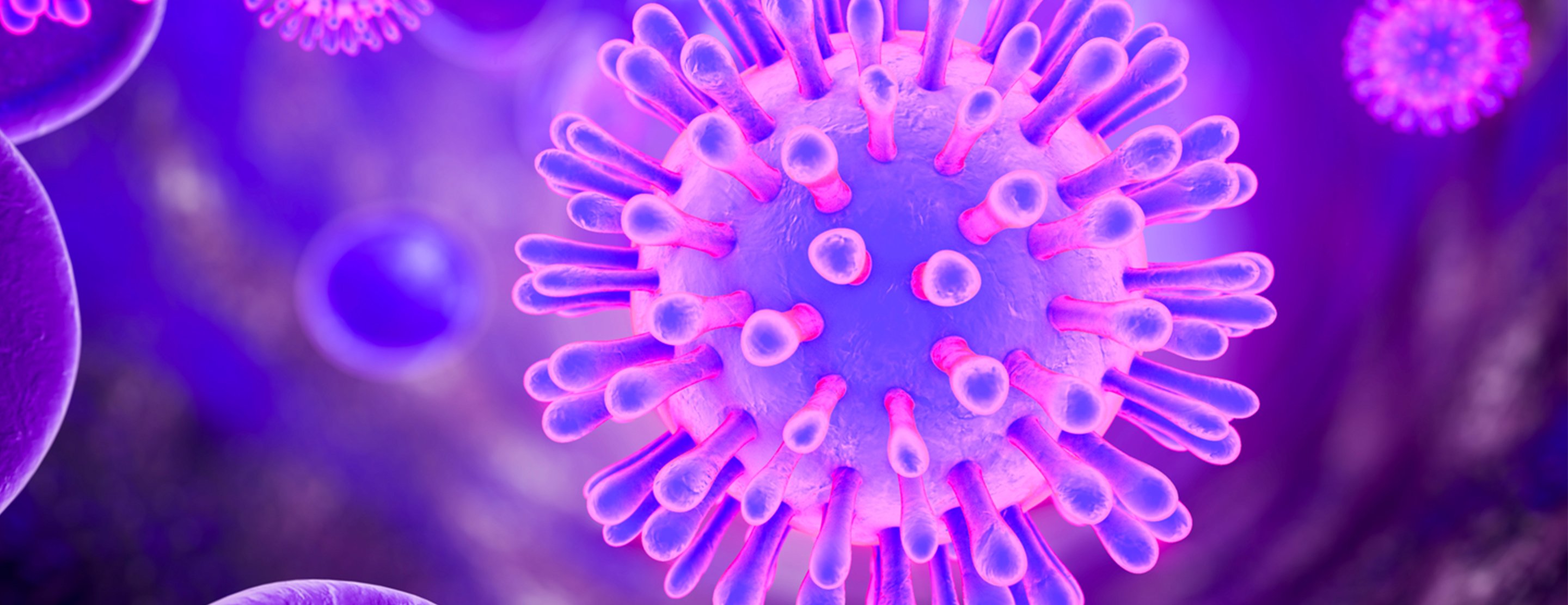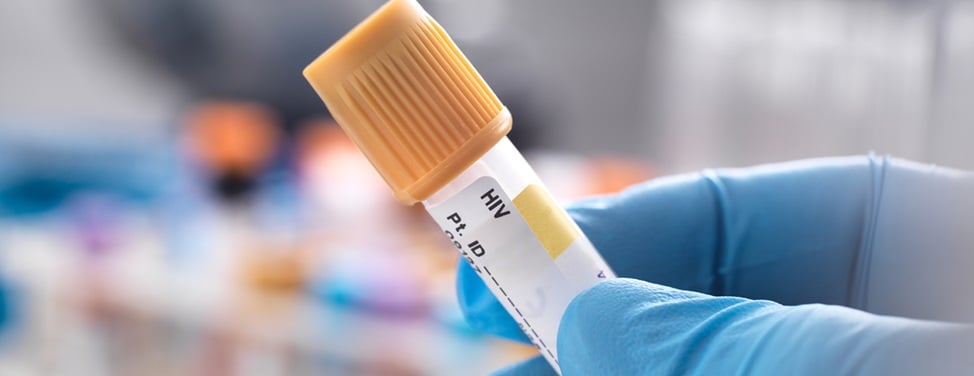
FAQ: HIV Testing
- Why be tested for HIV?
- Who should be tested for HIV?
- When should I be tested for HIV?
- Where can I get tested for HIV?
- What if I test positive for HIV?
Being tested is the only way to confirm if you have HIV. You may be nervous about the results, but early detection has many benefits:
- Early diagnosis allows you and your doctor to begin developing a treatment plan that could ward off complications and infections and provide years of healthy living.
- Left untreated, HIV can cause life-threatening health problems.
- Early diagnosis alert you to avoid high-risk behavior that spreads the disease to others.
- Being tested can eliminate the anxiety of not knowing your HIV status.
If you think you have been exposed to HIV, you should be tested. You're at greatest risk for acquiring HIV if you:
- Share drug needles or syringes
- Have anal sex without a condom, especially receptive anal intercourse
- Have sex with an infected person without using a condom
- Have vaginal or anal sexual contact without using a condom with someone whose HIV status is unknown, especially those who are at high risk for acquiring HIV
- Have a sexually transmitted disease such as syphilis, genital herpes, chlamydial infection, gonorrhea and bacterial vaginosis, which appear to increase susceptibility to HIV infection during sex with infected partners
When should I be tested for HIV?
Most tests look for antibodies produced by your body to fight HIV infection. These antibodies don't develop immediately but emerge within a few weeks to six months of being infected. The average time for antibodies to develop is three to four weeks.
It is not effective to get tested immediately after you think you may have been infected. If you do so, you should be re-tested in three months and then again at six months if your test results are negative. During this period of testing, avoid all behavior that could spread HIV to others, such as unprotected sex and sharing needles or syringes. Consult with your doctor or nurse or the health care providers who perform your HIV test for more information.
The National AIDS Hotline of the Centers for Disease Control and Prevention (CDC) also can answer questions about testing and refer you to HIV test sites in your area. You may call the hotline 24 hours daily at:
- Main Hotline – (800) 342-AIDS or (800) 342-2437
- For Hearing Impaired – (800) AIDS-TTY or (800) 243-7889 for TTY
- For Spanish – (800) 344-SIDA or (800) 344-7432
Where can I get tested for HIV?
HIV testing is available throughout the Bay Area, including at health departments, private doctors' offices, hospitals and clinics. Some sites offer anonymous, free and drop-in testing where appointments are not necessary. Anonymous testing means no one has access to your test results since your name is never recorded at the test site.
HIV testing also can be ordered through your doctor, hospitals and some health departments. This testing is usually confidential, but not anonymous. Confidential testing means that you and the health care provider know your results, which may be recorded in your medical record and may be available to those who have legal access to your medical record. This may include insurance companies in certain circumstances.
Most testing sites provide HIV and AIDS counseling, where counselors privately discuss the test, HIV, risky behavior and ways to protect yourself from HIV and AIDS. Counselors also discuss test results and offer support and recommendations for AIDS-related resources in your area, if necessary.
What if I test positive for HIV?
If you test positive, this does not mean you have AIDS or that you will develop AIDS. It means you are carrying the virus that can cause AIDS and you can infect others. You should begin an HIV management plan and take precautions to avoid spreading the virus.
If you are HIV positive, you should speak to a doctor or nurse as soon as possible about an HIV care plan. Early diagnosis and consistent care are essential for your health. Counselors or doctors are available at most testing sites and will work with you to develop a care plan or refer you to a health care professional who can provide care. Your counselor or doctor also can refer you to support networks and resources in your community. You're not alone. Seeking the support of others can help you deal with your diagnosis.
While there is no cure for HIV and AIDS, new drug therapies have been highly effective in delaying the onset of AIDS. Medications also help prevent and treat complications and infections.
UCSF Health medical specialists have reviewed this information. It is for educational purposes only and is not intended to replace the advice of your doctor or other health care provider. We encourage you to discuss any questions or concerns you may have with your provider.








